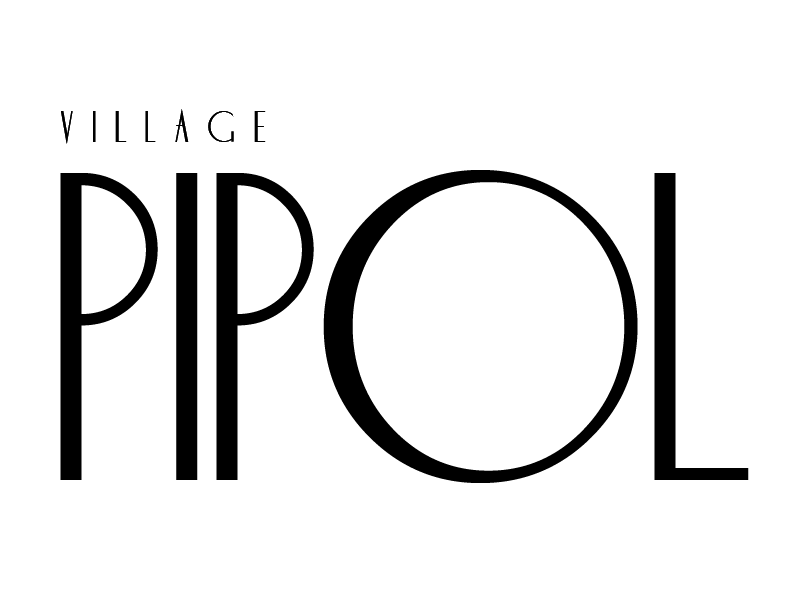Tsismis is the New History? — A look into past gossip

A celebrity claimed that the history that we know is written gossip. The past era, in which the archives are merely interpreted by perspectives. However, this statement can create a huge disparity between the credentials of historians and the actual historical events themselves. Though history is close to being tsismis it should also be noted that factual evidence. It should support claims that are highly important to confirm the accuracy of the facts.
Furthermore, there is a driven impact involved in writing history in the case of the Philippines. Since the past is an indicator of the present. That the relevance of studying and writing history observes the general condition of the current state of the country. With all that said, here are some notable tsismis in Philippine history
Rizal and The Province of Spain

Noted in articles written for and by the then, Dr. Jose Rizal. His reformist attitude wanted gradual progress towards the state of the colonial Philippines. Claimed in his essay, “Philippines: A century hence“. It is never a tsismis. There is an insight into the prediction of the country under the United States colon. In which the construct within the actual transfer of power provides regression of the former Spanish colony. The siding on his reformist plan, Rizal tend to side on creating opportunities for the Filipinos. This is through gaining political power in the same colonial setting. Multiple writings point out that Rizal wanted to sell the Philippines to the Spaniards. However, the actual purpose of creating ties with the colonists is to ensure a transitional progression toward an independent Philippines.
Armed with better rights, Rizal’s design has been a gradual switch of power from the Church to the Filipinos. Of course, these have changed through time after the Propaganda has been denied political positions and reform. This led to a change in Rizal’s perspective reflected in his works after the fall of Propaganda. Seen in famous works such as “Noli Me Tangere” and “El Filibusterismo“.
Bonifacio’s History as the First President?

In the journey for independence, the most notable person in history is Andres Bonifacio. Being the leader of Katipunan, the then resident hot-head became one of the icons of the Philippine revolution. There is a claim that Bonifacio is the actual first president of the republic. However, General Emilio Aguinaldo’s intervention led to appointing the former.
This has been the great “what if…” in the country’s history. Aguinaldo spearheaded the arrest of Bonifacio in April 1987, for burning the church of Indang. It is claimed by an anonymous tip. The concept of Bonifacio’s “presidency” is deeply rooted in his concept of “Haring Bayan”. Which is derived from the Sovereign Nation and his place on being the Supreme Leader (Supremo) of the Katipunan. Leading the revolution in claiming independence. Moreover, the viewpoint of leadership and nation-building has been present. However, supporting details still left traces of foul play between Magdalo and Katipunan that put Bonifacio on his deathbed.
Marcos’ Infidelity caught on Tape

In the 1970s, the late dictator Ferdinand Marcos sought power in Malacañang. The evident abuse of power has plagued the Filipino minority. In a tyrant’s love story, Ferdinand and Imelda Marcos had a healthy relationship through multiple media representations. However, the scandal struck the country after Hollywood actress Dovie Beams recorded Marcos’ infidelity. Heard engaging in infidelity in Malacañang.
Marcos has been heard to commit these acts. After Beams hid tape recorders during their work and became prominent evidence of this giant controversy.
Though tsismis and history may seem overlapping, the difference between the two is the evidence that supports the actual claim. However, history is not just facts and is still armed with the perception of the writers. Still, the objectivity of historical writing is connected to the richness of primary and secondary sources. Reviewing mementos that invoke the current state of the world is highly relevant. In order to locate the changes and the truth between the gossip that we hear.






